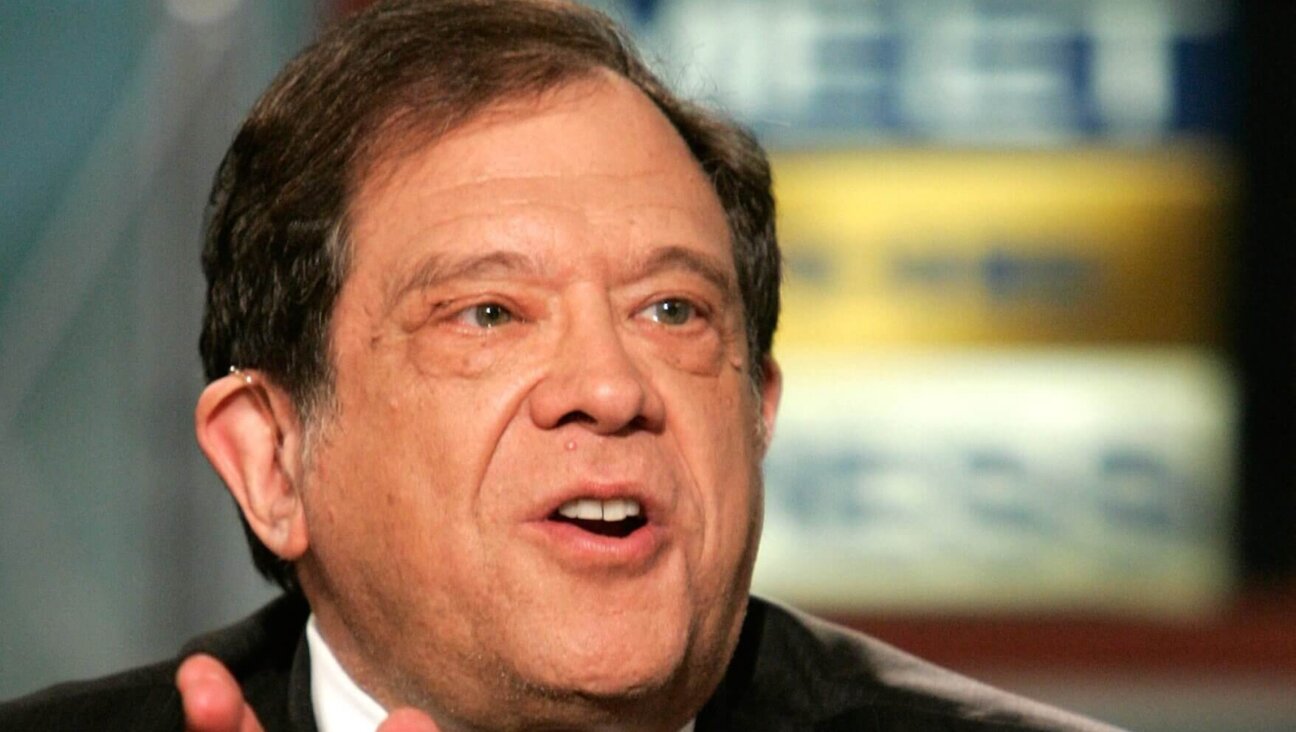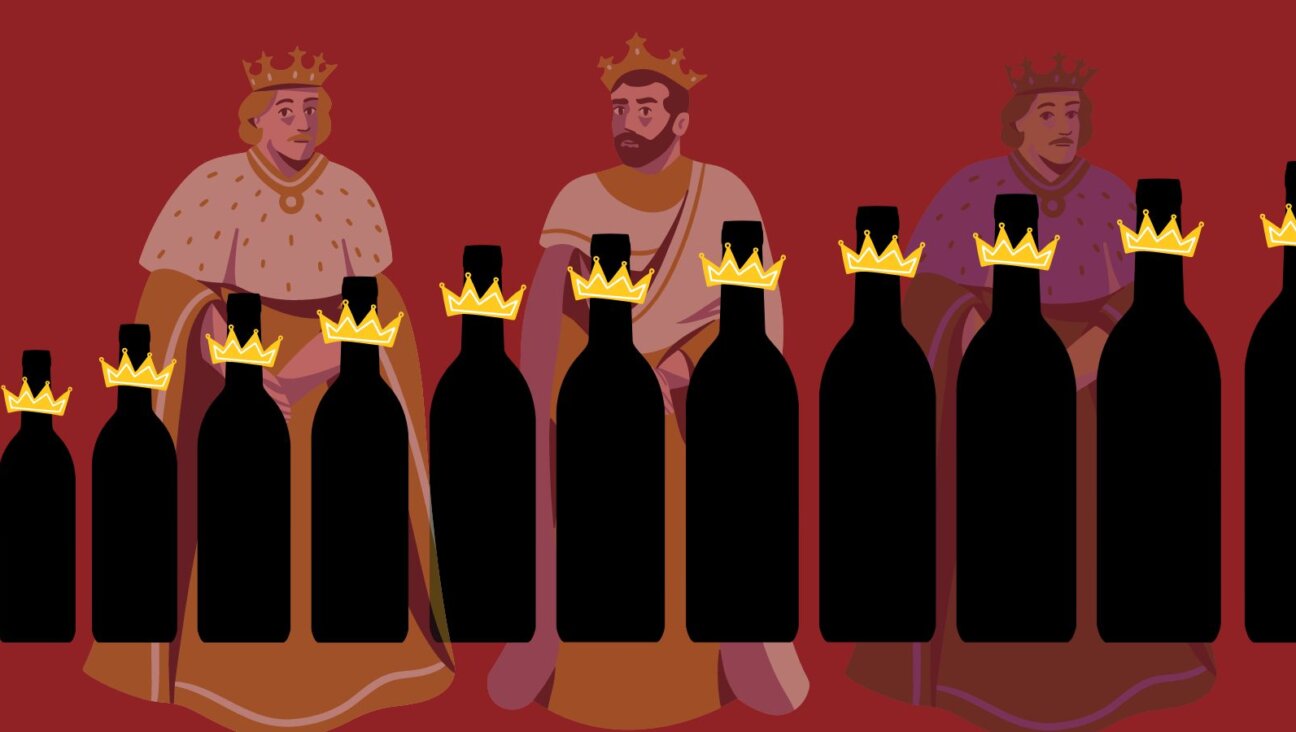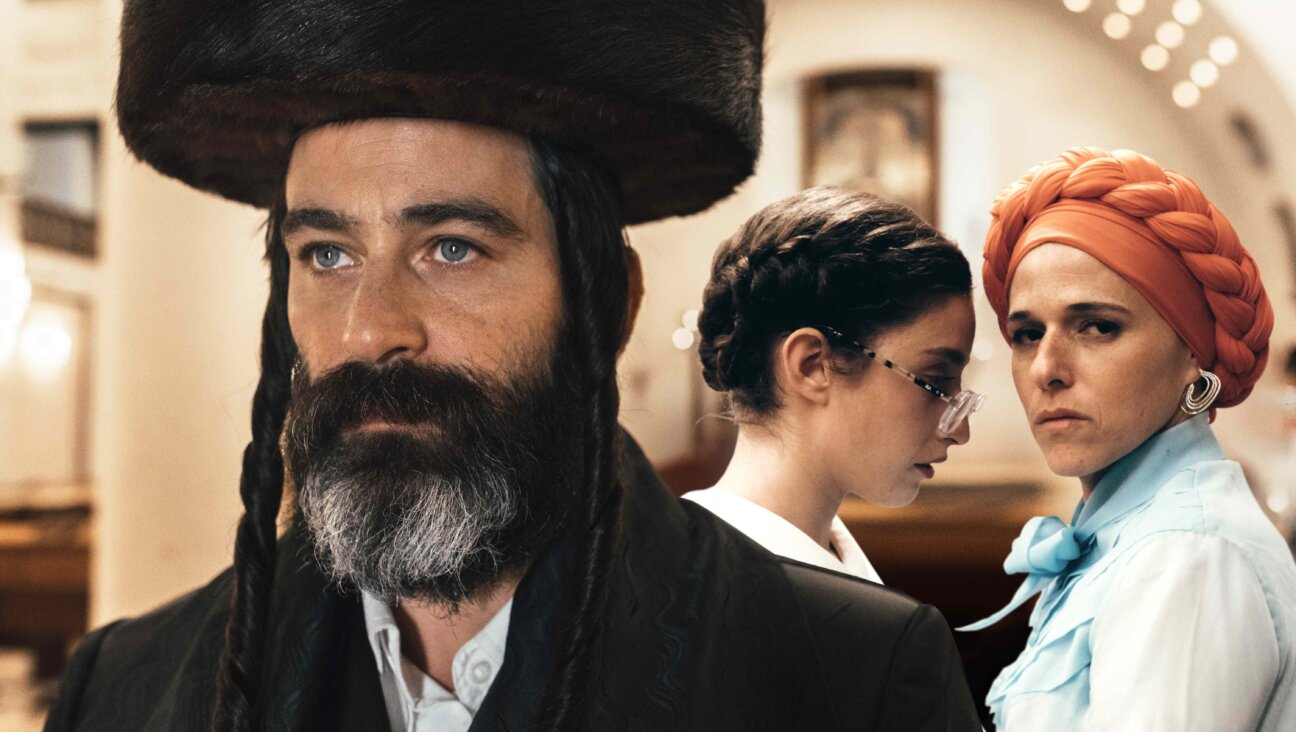Fiction About Israel
Two weeks ago, we asked readers to help us create a list of the best novels and short stories about Israel written by diaspora authors. The purpose was to push fiction as a complement to the newspaper, the television and the Internet in our quest for information and understanding about Israel. Below, your suggestions, along with a few of our own:
Yehuda by Meyer Levin Based on the author’s own experiences, this book is the first known novel depicting life set on a kibbutz in then-Palestine of 1931 (1931).
Exodus by Leon Uris A detailed account of the transition from the ill-treatment of Jews in Europe to the founding of Israel sets up a fictional background for political arguments on issues of the 19th and 20th centuries (1958).
A Weave of Women by E.M. Broner A group of very different women band together to save a shelter for wayward Jewish girls (and learn lesson or two in politics, when they change its official name to “Home for Jewish Future Homemakers”). “Life’s contradictions live throughout this novel,” wrote one reviewer (1978).
Preparing for Sabbath by Nessa Rapoport A young woman’s spiritual quest, set in Jerusalem (1981).
The Counterlife By Philip Roth “Less a linear tale than five riffs revolving around the same set of characters, the book acts as a kind of narrative kaleidoscope on Jewish identity with each slight shift of perspective, a whole new picture emerges,” wrote Alana Newhouse, Arts & Culture Editor of the Forward (1986).
The Hope by Herman Wouk An epic novel about Israel’s fight for statehood. The author delves into the personal lives of the dramatis personae, including Golda Meir, Moshe Dayan and Anwar Sadat (1993).
Operation Shylock: A Confession by Philip Roth An impostor, calling himself “Philip Roth,” causes a furor in Israel by advocating “Diasporism,” the polar opposite of Zionism, encouraging Israelis to return to eastern Europe (1993).
The Jewish War by Tova Reich A radically religious, polygamous man, Jerry Goldberg transforms from a mere social worker in Bronx to a terrorist leader of a group of American Jews in Israel who secede a portion of the West Bank to form their own nation in this satire (1995).
From a Sealed Room by Rachel Kadish The lives of a young woman from New York, a Holocaust survivor and an Israeli housewife intersect (1998).
Damascus Gate by Robert Stone A journalist in Jerusalem, reared both Jewish and Christian, feels devoid of a true sense of identity, despite the fact that he is surrounded by some of the most devoutly religious peoples in the world. “The characters in ‘Damascus Gate’ may be ‘God-struck,’” wrote Michiko Kakutani in the New York Times, “they may dream insistently of a better world, but like so many Stone characters, they end up captives of history and their own very human illusions” (1998).
For The Relief of Unbearable Urges by Nathan Englander “A debut collection of nine stories that explore the condition of being Jewish with an often hallucinatory, epigrammatic eloquence that is, as advertised, reminiscent of the fiction of Isaac Singer, Saul Bellow, and especially Bernard Malamud,” noted Kirkus (1999).
The Family Orchard by Eve Nomi Spanning six generations, this epic follows the lives of one family grounded in Jerusalem (2000).
House of Guilt By Robert Rosenberg Police detective Avram Cohen goes on a hunt to find a tycoon’s wayward son, with his search leading him right into the heart of the West Bank (2000).
Strange Fire by Melvin Bukiet A dark comedy about a speechwriter for the Israeli prime minister (2001).
Crimes of the City** by Robert Rosenberg *Police detective Avram Cohen must track down the killer of two nuns in Jerusalem while contending with a host of religious and political tensions (2001).
The Ascent of Eli Israel by Jon Papernick In seven modern-day stories, the scene is established in Israel, and the plots are mostly driven to underscore hypocrisy, touching on cultural tensions and war (2002).
Quiet Street by Zelda Popkin and Jeremy A. Popkin A woman living in the suburbs of Jerusalem must come to terms with reality as she watches her 18-year-old daughter take on the role of soldier instead of farmer (2002).
Seven Blessings by Ruchama King Set in an Orthodox community in Jerusalem. King has been described by writer Wendy Shalit as “a writer who writes about a devout lifestyle that she actually lives” (2003).
The Dialogues of Time and Entropy by Aryeh Lev Stollman “An expert weaver, Stollman brings together themes of religion, science, and love into an emotional whole,” noted Kirkus (2003).
Welcome to Heavenly Heights by Risa Miller A cohort of Jews from the United States venture to the West Bank to build a new community, but their settlement becomes a primary target of violence (2003).
The Butcher’s Theater by Jonathan Kellerman A chief inspector of police who is also a Yemenite Jew begins work on a case involving the death of an Arab woman. After a second killing occurs, the inspector bears witness as Jewish-Arab conflicts ensue (2003).
Ten Thousand Lovers by Edeet Ravel A novel, set in the 1970s, about the relationship between a Canadian émigré and an army interrogator. “The tragedy here is both anticipated and inevitable,” said Booklist, “but the textured personal story rises above its political context like a melody soaring beyond the steady rhythm pulsing below it” (2003).
An Hour In Paradise by Joan Leegant This collection of 10 short stories covers a breadth of characters — from the secular to Orthodox, young to old — through whom Leegant poses questions about faith, love and change (2003).
The Place Will Comfort You by Naama Goldstein In this collection of short stories, American Jews make aliyah and Israelis immigrate to America (2004).
Faith for Beginners by Aaron Hamburger An American Jewish family teeters on the edge of collapse. In a last resort, they travel to Israel on a package tour with a mission to reinvigorate their spirituality (2005).
The Task of This Translator by Todd Hasak-Lowy According to Publisher’s Weekly, “Hasak-Lowy artfully reveals layers of personal and national identity,” including one story about an Israeli ex-journalist working in the cafe at Yad Vashem who clashes with an American businessman over a stale pastry (2005).
The Covenant by Naomi Ragen Set in 2002, a pregnant Israeli woman, her husband and their child are abducted by Hamas (2004).
Light Years by Tammar Stein A 20-year-old woman leaves Israel for college in the United States after her boyfriend is killed by a suicide bomber in a Tel Aviv restaurant (2005).
Compiled by Elisha Sauers

I hope you appreciated this article. Before you go, I’d like to ask you to please support the Forward’s award-winning journalism this Passover.
In this age of misinformation, our work is needed like never before. We report on the news that matters most to American Jews, driven by truth, not ideology.
At a time when newsrooms are closing or cutting back, the Forward has removed its paywall. That means for the first time in our 126-year history, Forward journalism is free to everyone, everywhere. With an ongoing war, rising antisemitism, and a flood of disinformation that may affect the upcoming election, we believe that free and open access to Jewish journalism is imperative.
Readers like you make it all possible. Right now, we’re in the middle of our Passover Pledge Drive and we need 500 people to step up and make a gift to sustain our trustworthy, independent journalism.
Make a gift of any size and become a Forward member today. You’ll support our mission to tell the American Jewish story fully and fairly.
— Rachel Fishman Feddersen, Publisher and CEO
Join our mission to tell the Jewish story fully and fairly.
Our Goal: 500 gifts during our Passover Pledge Drive!























